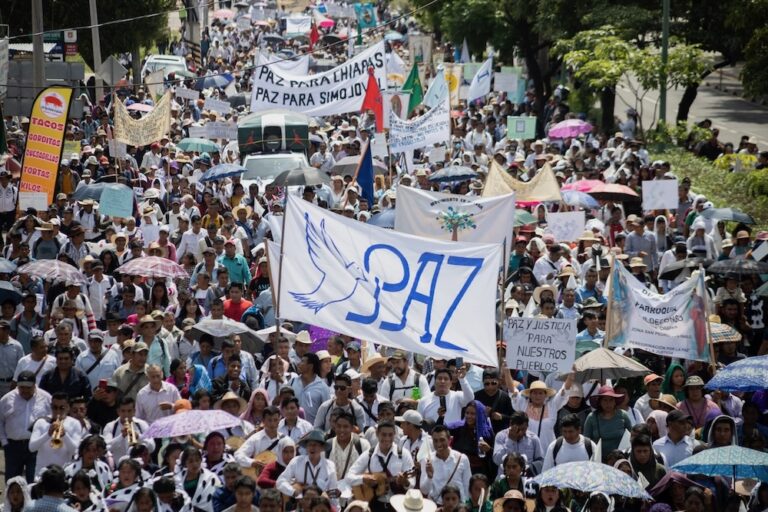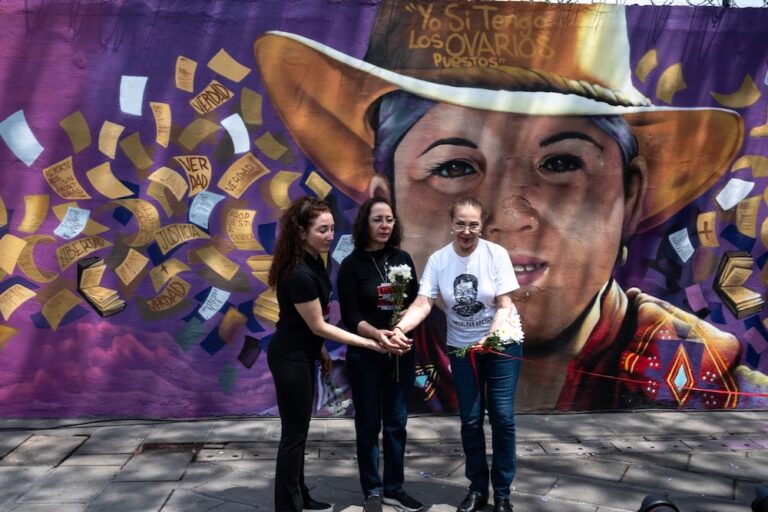The detention of José Maza is part of criminal proceedings against Radio Diversidad connected to allegations that the station has been operating without a license.
(AMARC/IFEX) – On 17 January 2011, ministerial police officers assigned to the Federal Attorney General’s Office (Procuraduría General de la República, PGR), carried out an arrest warrant for José Maza, a member of the community radio station Radio Diversidad, which is located in the Paso del Macho area in Veracruz, eastern Mexico.
Maza’s detention came about in the context of criminal proceedings that began on 11 March 2009, when Radio Diversidad was closed after a PGR operation acting on a search warrant issued by a federal criminal judge. The warrant was issued in connection with allegations that the station was operating without a license. According to the file, the original complaint was made by the legal unit of the Ministry of Internal Affairs in January 2009.
Before Maza can be freed, he must pay a surety of 22,000 pesos (approx. US$1,800). Other Radio Diversidad personnel, Juan José Hernández and Paola Ochoa, are facing criminal proceedings as part of the same case, which is being challenged by AMARC Mexico’s legal team.
The persistence of authorities to continue using criminal legislation to prosecute community radio stations, instead of the more appropriate administrative measures, highlights the ongoing use of a persecutory policy and the criminalization of community radio by the state. This is particularly true when these stations have tried to comply with the law, but these same authorities have failed to respond to their applications for licenses. Criminal charges against people who are exercising their freedom of expression in vulnerable communities are excessive, disproportionate and unnecessary, said AMARC.
Various international human rights bodies have confirmed that criminal law should only be used in the most serious cases of violence and danger.
For AMARC, it is deplorable that the current government is using these criminal measures in cases of unauthorized broadcasting and breaking its promise to international organizations that they would not continue this practice. Given the present level of violence in Mexico, especially against media workers, this policy is not only disproportionate, but it also seriously undermines freedom of expression in the country.
AMARC calls on the state to stop these criminal proceedings and implement actions that allow communities to express themselves freely through community radio.
(Please note this is an abridged translation.)


